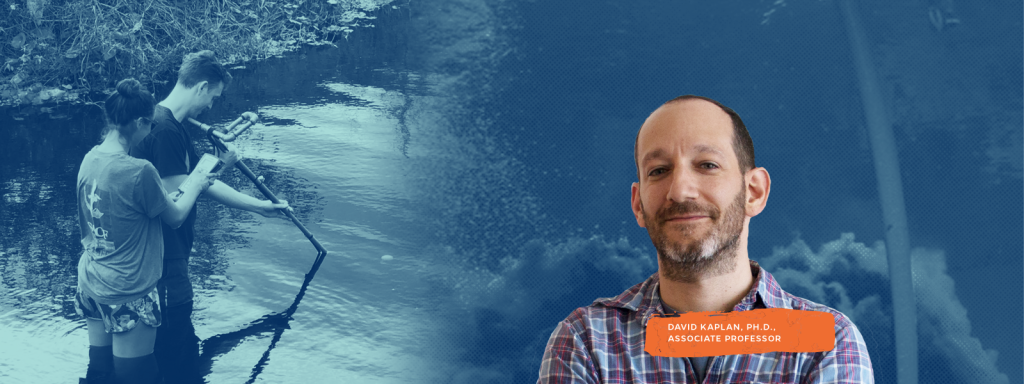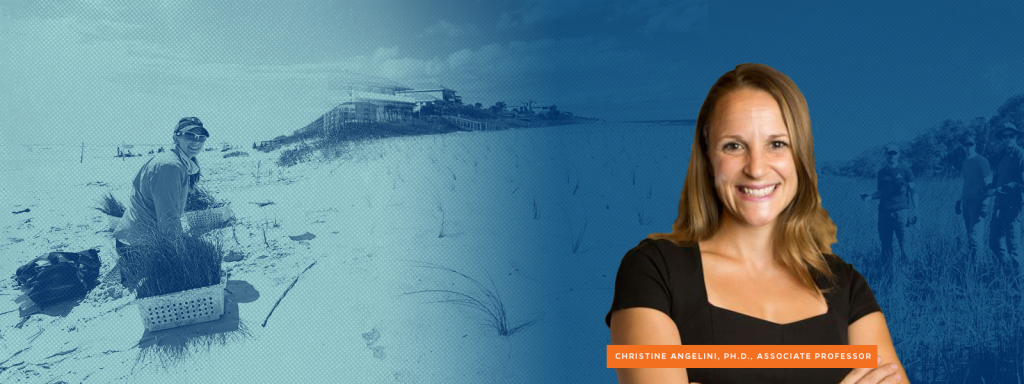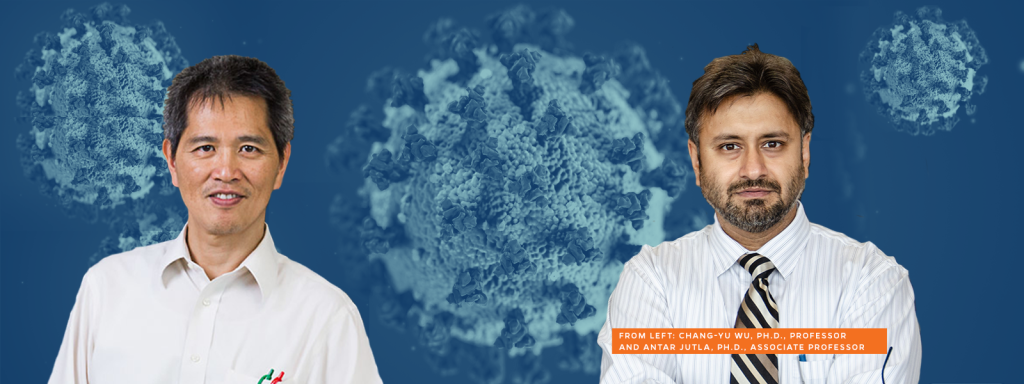Category: Environmental Engineering Sciences

UF Researchers Find Particles From Virus That Causes COVID Expand Beyond Quarantine Spaces
July 27, 2022After individuals are diagnosed with COVID-19, they are required to quarantine at home. If they live with others, they are encouraged to isolate themselves in a separate room to reduce exposure of the other individuals to the airborne virus. Researchers at the University of Florida found that residential settings might be hotspots to spread SARS-CoV-2, […]
Read more: UF Researchers Find Particles From Virus That Causes COVID Expand Beyond Quarantine Spaces »Researchers show how forested areas affect water resources in Florida
May 25, 2022David Kaplan, Ph.D., associate professor in the Engineering School of Sustainable Infrastructure & Environment co-authored a new study to show that three factors can accurately predict water yield in forests: climate aridity, a combination of annual rainfall and dryness; hydrogeology, or how deep the water table is underground; and leaf area index, a measure of […]
Read more: Researchers show how forested areas affect water resources in Florida »Land-building wetland plants, champions of CO2 capture, can help counterbalance the effects of climate change
May 16, 2022Peat bogs, salt marshes, mangrove forests and seagrass meadows cover only 1 percent of the Earth’s total surface but sequester more than 20 percent of all the CO2 absorbed by ecosystems worldwide. This unique property arises because plants build these wet landscapes. Through such landscape-forming processes, an enormous amount of CO2 is captured and stored in […]
Read more: Land-building wetland plants, champions of CO2 capture, can help counterbalance the effects of climate change »
Todd-Brown Receives NSF Career Award to Predict Soil Carbon Dynamics
March 21, 2022Kathe Todd-Brown, Ph.D., an assistant professor in the Department of Environmental Engineering Sciences within the Engineering School of Sustainable Infrastructure & Environment, has been awarded the National Science Foundation’s (NSF) CAREER award to improve the predictive understanding of soil carbon dynamics by connecting different theories with diverse measurements. With a background in computational biogeochemistry, […]
Read more: Todd-Brown Receives NSF Career Award to Predict Soil Carbon Dynamics »
UF Center for Coastal Solutions awarded multi-institution grant to study Harmful Algal Blooms
November 18, 2021University of Florida Center for Coastal Solutions (CCS) Associate Director David Kaplan, Ph.D., and a team of CCS-affiliated scientists and engineers from UF, the University of South Florida, North Carolina State University and the Sanibel-Captiva Conservation Foundation have received $2.3 million from the U.S. Army Corps of Engineers to study how water and nutrients flowing […]
Read more: UF Center for Coastal Solutions awarded multi-institution grant to study Harmful Algal Blooms »
Making a Change from Coast to Coast
August 24, 2021Elliott White Jr., Ph.D., (Ph.D., EES ‘19) knows firsthand the powerful effects mentoring can have on student success, and he is determined to repeat it. Dr. White credits his mentor for being his biggest motivator, advocate and critic. Now, Dr. White has accepted a position as a tenure-track assistant professor at Stanford University and he […]
Read more: Making a Change from Coast to Coast »
Elliot Douglas inducted as an ASEE Fellow
June 11, 2021Since its inception, the American Society for Engineering Education (ASEE) has inducted 430 of its members as Fellows of the organization, including six members who have served as faculty of the University of Florida – Timothy J. Anderson (2006), Jennifer Curtis (2010), Daniel C. Drucker (1983), Raymond W. Fahien (1985), L. E. Grinter (1983) and […]
Read more: Elliot Douglas inducted as an ASEE Fellow »

